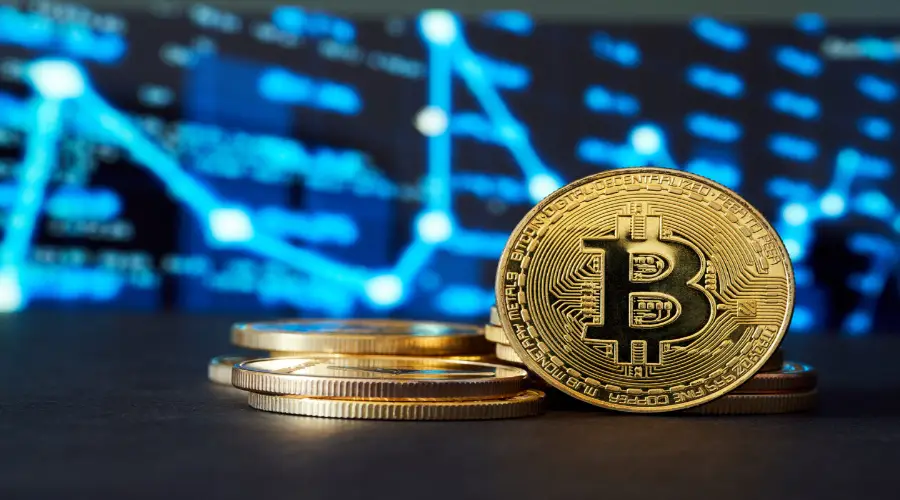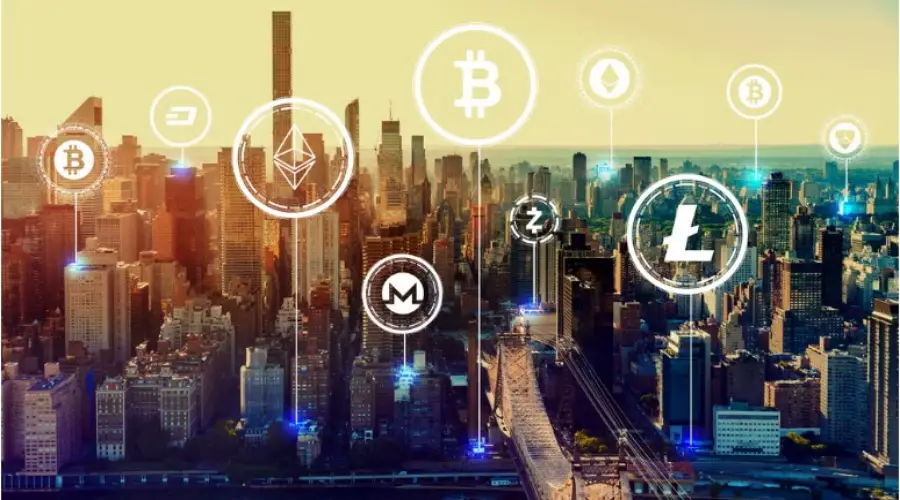Evergrande’s debt, China’s second-largest contractor, already exceeds South Africa’s GDP. At around US$300 billion in arrears, the Chinese giant, responsible for more than 1,300 projects in 280 local cities, has become the face of crisis in the country’s real estate sector.
Responsible for almost 1/4 of GDP, the activity is the one that contributes the most to the Chinese economy, which faced a slowdown in the last quarter of 2021 with the hits in the real estate sector.
With Evergrande’s debt default at the end of the year, a sign of a possible billionaire default, and a series of other smaller contractors also in trouble, analysts around the world were led at first to the question: is China facing a bubble of similar proportions to the United States of 2008?
It was a spine-chilling possibility until a few months ago, but with the containment measures adopted by the Chinese government, the shadow of a “Lehmann Effect” was soon dissipated. Now, according to experts consulted by CNN Brasil Business, what is being designed is a new balance between the sectors that make up the Gross Domestic Product of the second largest economy in the world.
“More than the specific case of Evergrande, the crash in the real estate sector and the way in which the Chinese government has managed the crisis show a series of drastic structural changes in China’s economy,” said Isabela Nogueira, a professor at the Institute of Economics at UFRJ and coordinator of LabChina (Laboratory of Studies in Political Economy of China), a nucleus also linked to the federal one in Rio de Janeiro.
That’s because, from a structural point of view, China has long been driven by investment rates. “It is what the economic literature calls a classic case of Investment-Led Growth, which, there, had the civil construction sector as one of its essential pillars. Now, the idea is to drive growth by investing in innovation, especially technological innovation”.
It is a process that began in 2017, with an agenda that aims to reduce systemic risks and high “leverage” sectors – in the financial market, the term refers to the relationship between a company’s debts and its ability to pay off obligations. In this vein, at the end of 2020, the Chinese government put in place a series of regulatory policies called “Three Red Lines”, which places maximum ceilings on leverage, indebtedness and liquidity.
Limited by regulation, Evergrande was no longer able to manage the hole in the accounts as it had been doing until then – that is, making new loans to pay off old debts. “That’s why the company’s default was not a surprise. It was inevitable that Evergrande would no longer be able to manage its debts because of this package of structural changes”, explains Isabela.
“Part of the debt must be honored, mainly to families, and the other, from holders of more leveraged financial products, must go through a default”, she predicts.
According to the professor of International Law at FGV, Evandro Carvalho, coordinator of the Brazil-China Studies Center, the case of Evergrande – or even the real estate sector as a whole – is not isolated.
“Within the context of regulating the influence of big companies on the economy, the Chinese government has also turned to the regulation of Big Techs, for example,” he told CNN.
“The idea is precisely to prevent the emergence of oligopolies that could compete with the political power of the government, but not only that. By regulating large companies, China prevents smaller competitors from following similar paths, a method known as governance by example. The Evergrande crisis became the perfect occasion to effect this readjustment in the economy”.
Under way for a few years, experts explain, this process has gained traction with the pandemic. In scenarios of ultra-intense international competition, as was the case until 2019, promoting such a drastic change in the economic structure would be an unthinkable move.
That’s because, by taking the weight off one of the strongest pillars of the economy, China would inevitably have lower growth.
But, faced with a global crisis, it became possible to “take your foot off the accelerator” and focus on other fronts. “The Chinese government saw a window of opportunity to drive this reorganization of the economy,” said Isabela.
With a focus on innovation, China is now expanding the range for investors. By setting aside the physical infrastructure to favor the technological sector, which has a fast and impressive expansion, what is seen, if the transition is successfully made, is a change in the investment profile.
“It is an economy that is redirected towards qualitative investments, not quantitative ones”, evaluates Isabela. “Within that, there are, of course, numerous challenges. It is not certain that this plan will succeed.”
Impacts for Brazil
Brazil’s main trading partner, any turmoil in the Chinese economy inevitably reverberates here. This is the case of iron ore, a commodity that, less demanded by the real estate industry, has lost strength.
At the same time, there is a change in what China favors in terms of imports. “It’s not that investment will decrease, but it will change sectors. Instead of building high-rise buildings, for example, the focus is now on building parks and urban infrastructure, in the smart cities model, which means that it can even import Brazilian products with higher added value”, explains Isabela.
“Brazilian investors should be aware of these transformations.”
In the medium term, Evandro Carvalho believes that, more than the impact on iron ore, Brazil should pay attention to the commercial relations established not only with China, but also with the United States.
“If China’s plan succeeds, the dispute with the United States, from a technological point of view, will become even more fierce, and Brazil, an ally of both, will need to prioritize its own interests so as not to be harmed by this conflict”, he said.
What lays ahead
In Carvalho’s view, Evergrande should follow a path similar to that of Big Techs.
“My forecast is that the company will make a total readjustment to adapt and continue in the market. It is likely that parts of it will be sold to pay off the debts that it will not be able to pay”, he says.
For Isabela, a partial default seems to be the most immediate solution. “I imagine that some banks and financial institutions do not see their money back. But, as the Chinese government has already signaled, it is likely that families and workers will have their commitments honored,” she said.
“In some ways, it’s even an attempt to teach a lesson to high-risk investors, who, as their name suggests, run very high risks of losing money.”
* Under supervision of Ligia Tuon.
Reference: CNN Brasil
I am Sophia william, author of World Stock Market. I have a degree in journalism from the University of Missouri and I have worked as a reporter for several news websites. I have a passion for writing and informing people about the latest news and events happening in the world. I strive to be accurate and unbiased in my reporting, and I hope to provide readers with valuable information that they can use to make informed decisions.





